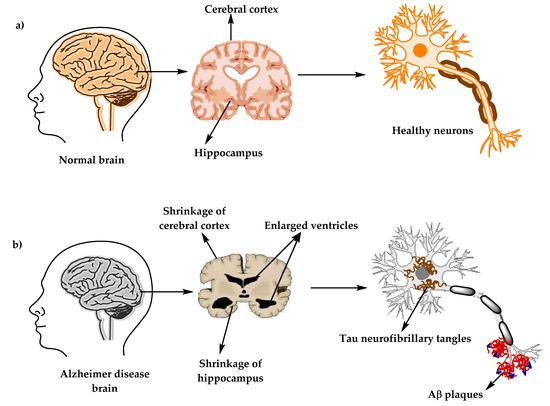Daily Quizzes
Mock Tests
No tests attempted yet.
Select Category
World Alzheimer's Day 2023
.png)
World Alzheimer's Day is observed annually on September 21 to raise awareness about the stigma around Alzheimer's disease and other dementia. It is a condition when the brain starts to shrink and brain cells start to die. It is the most common disease of Dementia. In this article, we will learn about the history, theme, and significance.
Theme of World Alzheimer's Day 2023:
The official theme of World Alzheimer's Day 2023 is 'Never Too Early Never Too Late'. This theme highlights the role of identifying risk factors and risk reduction
History of World Alzheimer's Day:
-
This day was launched on 21 September 1994, the 10th anniversary of Alzheimer’s Disease International (ADI).
-
This day aims to create awareness about Alzheimer's, a cause of Dementia.
About Alzheimer’s Disease International (ADI):
-
It is an international organization, which was set up in 1984.
-
ADI was an initiative of four nations i.e. USA, the UK, Australia, and Canada.
-
This organization mainly focuses on providing support to the people living with dementia, and their families.
-
It is a not-for-profit organization (NPO) registered in the USA.
-
Its main office of ADI is located in London, the UK.
-
The Asia Pacific regional office is located in Jakarta, Indonesia.
-
The ADI also released the World Alzheimer Report on World Alzheimer's Day.
About Alzheimer's Disease:
-
It is a neurological disorder.
-
In this disease, the brain starts shrinking and brain cells start to die.
-
People, who are suffering from this disease suffer from memory loss, face problems while writing or speaking, mood swings, poor judgment, etc.
-
This disease can be treated, but it is incurable, as the death of brain cells cannot be reversed.
-
This is a common cause of dementia.
About Dementia:
-
It generally, refers to the loss of memory.
-
This disease badly affects thinking ability, daily task performance, and memory and it it becomes worse, with the time.
-
The risk of Dementia can be high, when:
-
Hypertension
-
Diabetes
-
Overweight
-
Smoking
-
Drinking too much alcohol
-
-
It is a disease, which can be caused by several diseases.
-
Over time, it destroys nerve cells and damages the brain.
-
It leads to deterioration in cognitive function.
-
The impairment in cognitive function is commonly accompanied, which leads to mood change, emotional control, behavior, or motivation.
-
It not only affects the physical, psychological, social, and economic impacts but also affect the people living with dementia patient.
-
Signs and symptoms of Dementia:
-
Early signs and symptoms are:
-
Forget things or recent events
-
Lose or misplace things
-
Confused (familiar place, things, events, etc)
-
Difficulties in solving problems
-
Difficulties following conversations and finding correct words
-
Difficulties performing tasks, even familiar
-
Misjudging objects visually
-
-
Usual changes in mood and behavior include:
-
Sad, angry about memory loss, and feeling anxious
-
Changes in personality
-
Inappropriate behaviour
-
Withdrawal from work/ social activities
-
Not interested in people’s emotions
-
Treatment and care:
-
-
Presently, this disease cannot be cured, but many things can be done to support the Dementia patient and their family members, who care for them. For example -
-
Being physically active
-
Taking part in activities
-
Maintained social interactions to stimulate the brain
-
-
As per the World Health Organization (WHO), some medications can also be helpful to manage dementia symptoms.
WHO response
-
Dementia is recognized as a public health priority by the WHO (World Health Organization).
-
In May 2017, the 'Global Action Plan on the Public Health Response to Dementia 2017-2025' was endorsed by the WHO.
-
Under this plan, the WHO provides a blueprint for action such as -
-
Addressed as a public health priority,
-
Create awareness of dementia,
-
Increasing a dementia-inclusive society,
-
Reduce the dementia risk,
-
Diagnosis,
-
Treatment and care,
-
Provide support for dementia carers
-





